Wizards of the Coast’s parent company Hasbro came under the microscope this week when a Bank of America analysis report dropped on CNBC outlining concerns with the company’s stock in the future with a particular focus on how several issues within Magic: The Gathering could lead to the degradation of the brand.
Analyst Jason Haas went into how Hasbro is “killing its golden goose.”
This is being done by the rapidly increased production of Magic products hurting the long-term value of the brand as a whole.
While Hasbro has touted its astronomical successes, spearheaded by Wizards of the Coast, its stock was downgraded by Haas to “underperform” for the future. Haas adds in the report that other decisions that contribute to the larger problem are the Magic 30th Anniversary Edition proxy cards unnerving collectors and product fatigue.
This is creating an environment where it could be players will be pushed hard enough that the brand will be damaged as a result, weakening the viability of investing.
The report sparked a conversation that rippled throughout the Magic community and renewed discussion on longstanding concerns about the current product output by Wizards of the Coast. While the report isn’t necessarily from the point of view of players but financial analysts with an eye on Hasbro as an investment vehicle, many of the topics outlined are typical issues cited in online discussions surrounding Magic.
Compared to other trading card games on the market, Magic has a busy release schedule filled with somewhat essential products that are relevant to various products. This is often cited as fans being tired of perpetual preview season. With the rapid-fire release schedule, there’s generally always another preview around the corner.
This year Magic has released 11 standalone tabletop products with only three not being full draftable booster sets.
Those are the Commnader Collection: Black, Universes Beyond: Warhammer 40K Commander decks, and Jumpstart 2022, a sealed product meant to be a self-contained play experience.
The full booster sets released this year are:
- Innistrad: Double Feature
- Kamigawa: Neon Dynasty
- Streets of New Capenna
- Commander Legends: Battle for Baldur’s Gate
- Double Masters 2022
- Dominaria United
- Unfinity
- The Brothers’ War
This list does not include the Secret Lair drops and Arena releases that consistently happen throughout the year. It’s been a steady hike since the current Magic boom that could be marked with the release of Dominaria in 2018. Since then, the Wizards of the Coast has been at the forefront of Hasbro’s financial calls, bringing in over a billion dollars of revenue between both Magic and Dungeons and Dragons.
The report also comes off the back of a conversation started by game designer Aaron Forsythe asking why Standard has basically died at the local game store level. Since the release of Magic Arena, Standard has been on a steady decline as a tabletop format and largely exists through digital play on Arena and to a lesser extent Magic Online.
Many fans blamed a variety of reasons why Standard is on the downswing on the tabletop. Some players credit the exorbitant price of Standard decks, which regularly sit around $300 to $400.
According to the Standard metagame page on MTGGoldfish, of the top five lists in the most recent Standard Magic Online league, only two decks are under $300, if they were purchased in paper. Standard decks being expensive is an issue because set rotation renders the deck inevitably obsolete and Magic Arena has made it easy to play for free or with little cost.
The expense of buying into other eternal formats is a notable concern with a focus on Modern, where decks regularly blow past the $1000 mark powered by infrequently reprinted cards and the newer powerhouses printed in Modern Horizons 2. However, eternal formats like Pioneer, Modern, and Legacy will never rotate and the metagames shift significantly slower compared to Standard.
Players that buy into these MTG formats are much more likely to have a deck that’s viable for years with only a few upgrades being necessary every few months.
While this has been an issue for the entire lifetime of Standard, the cost of Magic, in general, has gone up as Daniel Crabtree points out when replying to Forsythe. That cost increase combined with the pandemic hurting local game stores were common replies to why Standard has fallen out of favor.
With the report, many of the issues surrounding Magic have entered the conversation again and brought the community together to talk about what could be fixed.
Wizards of the Coast will likely not change anything in 2023 with its release calendar already established with more Universes Beyond, Secret Lair, and Standard Expansions coming down the pipeline.



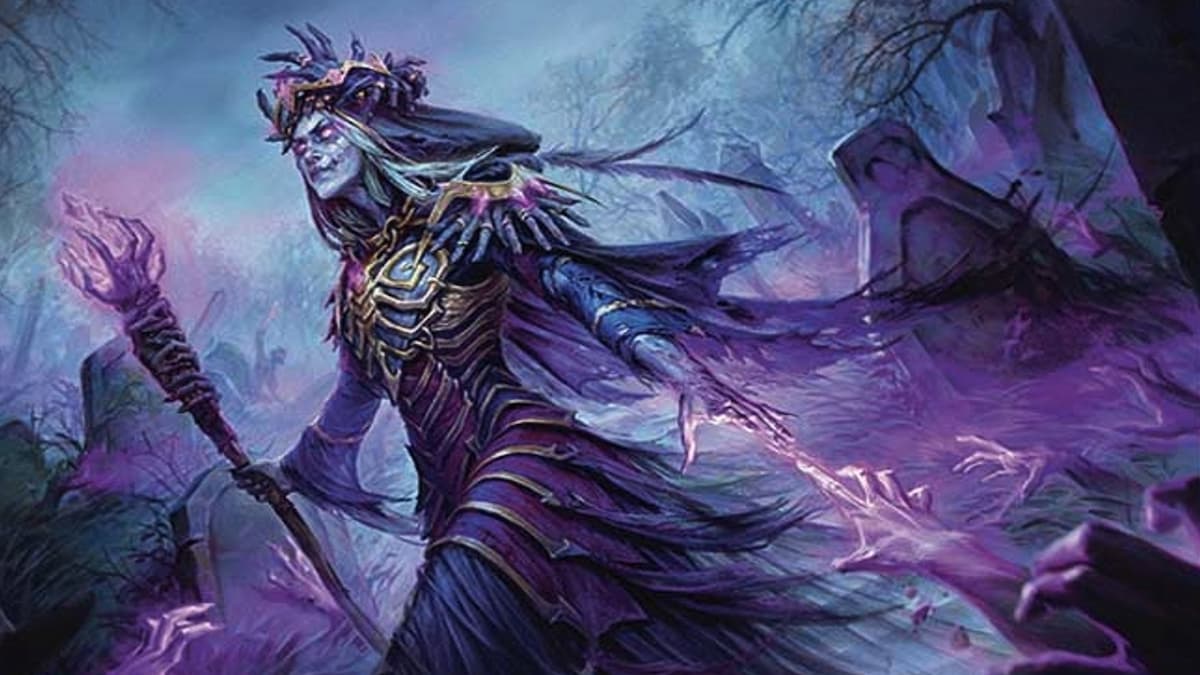
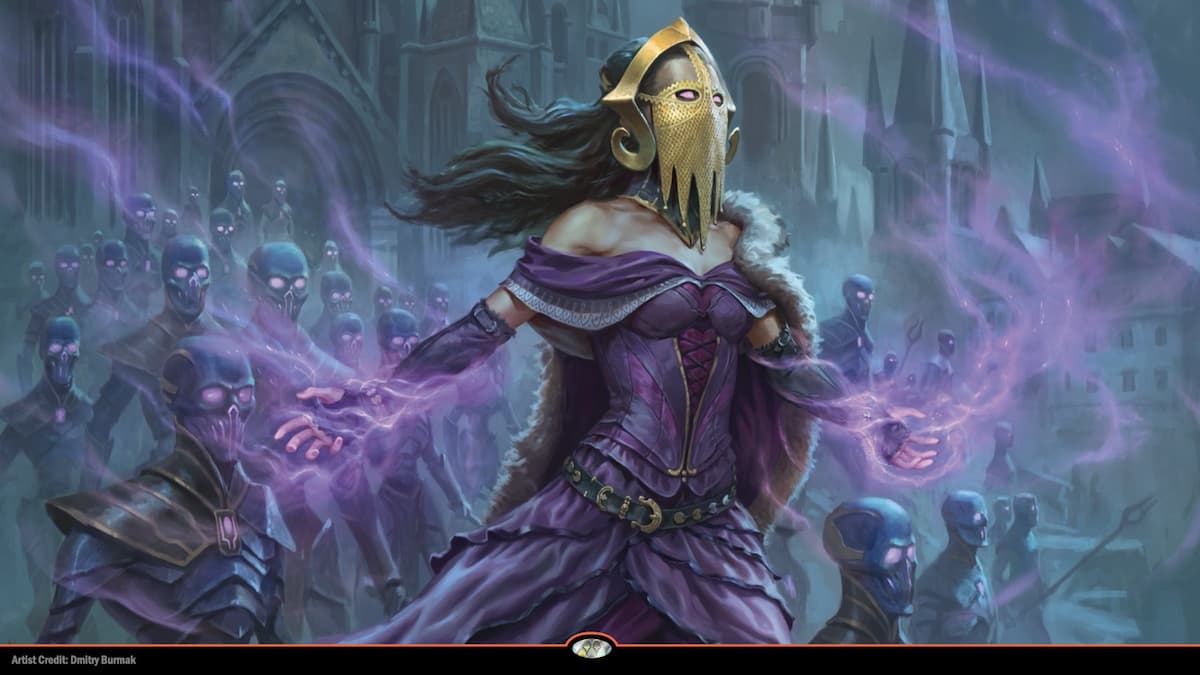
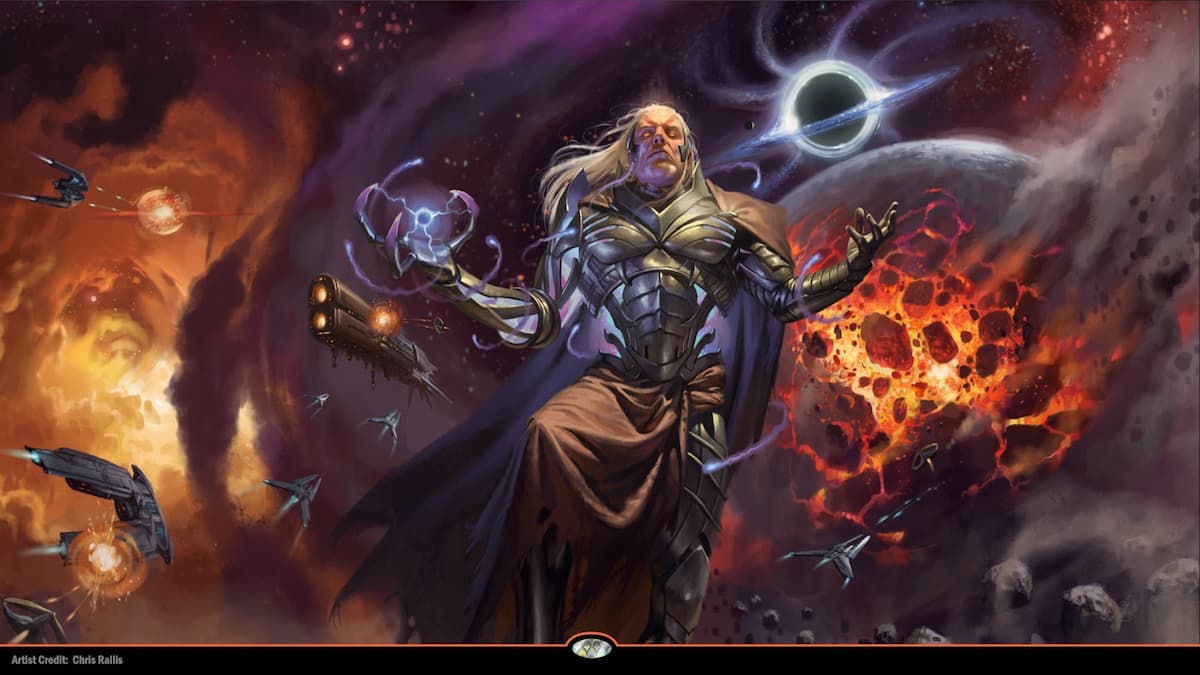



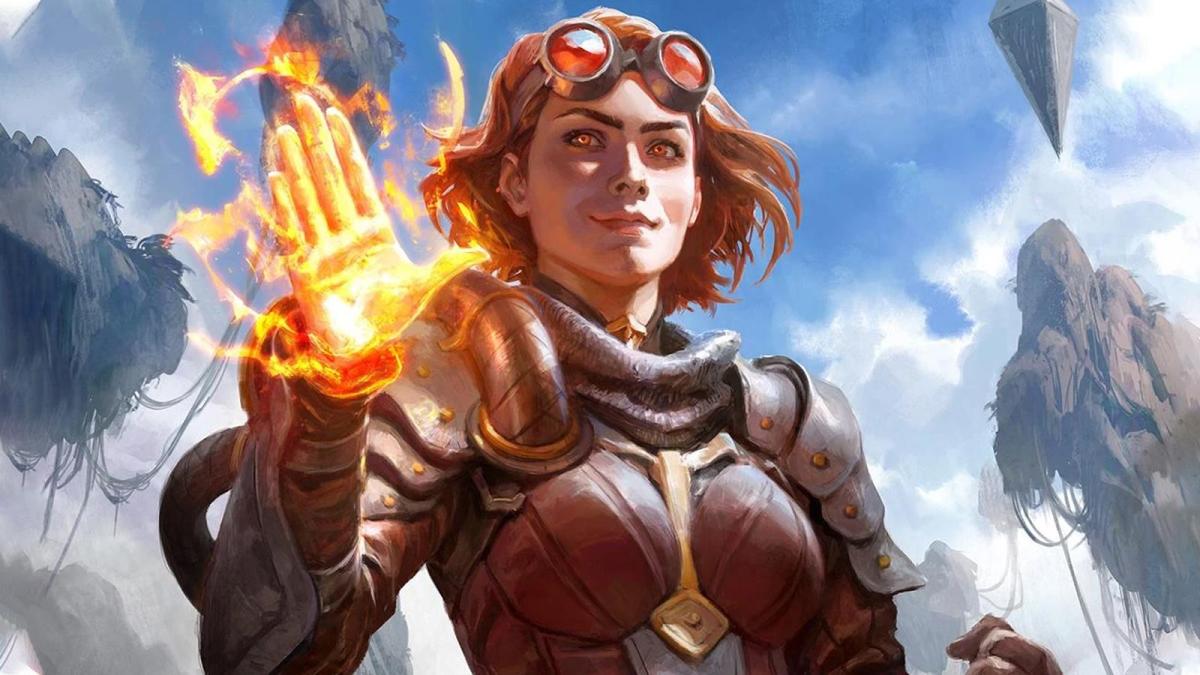

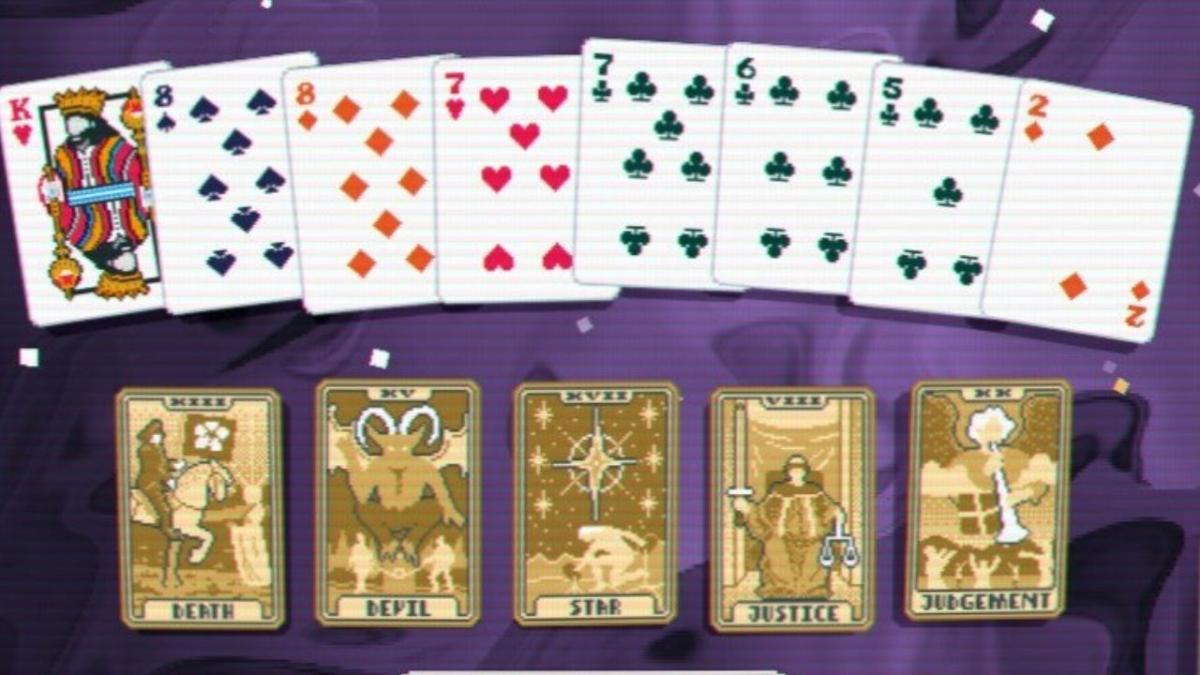

Published: Nov 16, 2022 12:24 am